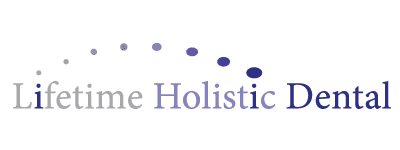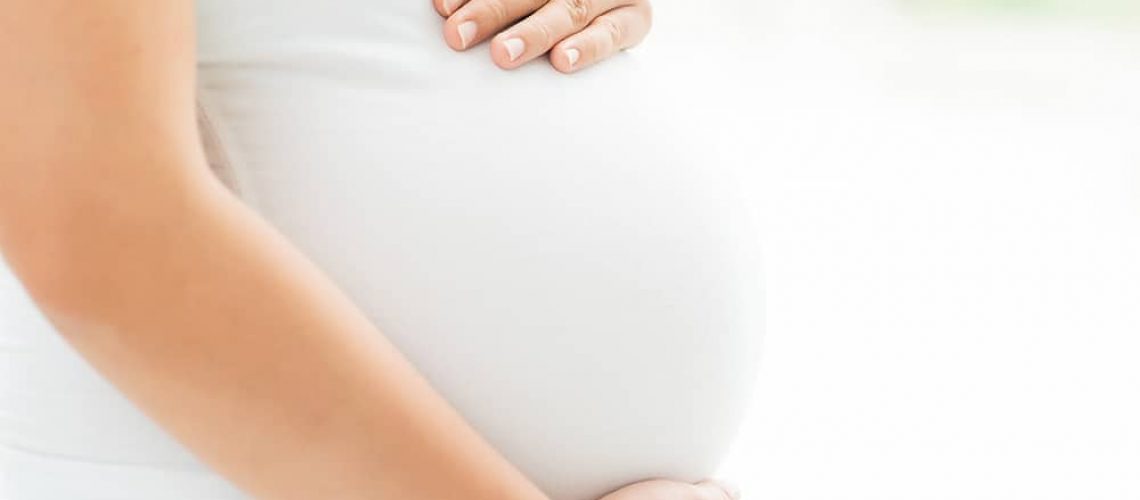What should I do in regards to my dental hygiene before I get pregnant?
Before you become pregnant:
- It is important to care for your teeth and gums before pregnancy.
- Dental plaque (bacteria, saliva and food remnants) needs to be cleaned from the teeth and gum-line by brushing twice daily and flossing regularly. Use a small, soft toothbrush and fluoride toothpaste, ans see your Holistic Dentist to have a thorough exam and professional Clean. Also the
Visit your dentist:
- It may be more comfortable for you to complete any dental treatment before pregnancy. You may have morning sickness in the first trimester or become tired in your third trimester of pregnancy.
- If you are pregnant or suspect that you are, it is important to tell your dental professional when you visit. Even though the radiation doses are extremely small with Digital Dental X-rays your dentist will want to avoid X-rays if there is doubt.
- During your pregnancy, ask your dental professional to check your gums and advise you how to care for them. He will talk about twice daily brushing, daily flossing and daily mouthwash. Also he will spend time on the right brushing and flossing technique. Even though we all believe we brush well, over 75% of the population are suffering from gum infection, so we can all benefit from some hints from an expert on how to brush and floss effectively. At Lifetime Dental we give free lessons on brushing and flossing and have a oral hygiene program that we take people through over 6 to 8 visits.
- Dentists and doctors are careful in prescribing medicines to pregnant woman and advise only those which are really needed. Some medicines such as tetracycline antibiotics can discolour your baby’s developing teeth. and babies teeth are growing while baby is inside you!
How should I care for my dental hygiene while I am pregnant?
Morning sickness
- You may experience morning sickness (nausea and vomiting) during the first term of your pregnancy. The stomach contents are acidic and can coat the teeth when you vomit. This acid can cause dental erosion by dissolving tooth enamel.
- To avoid damage to your teeth after vomiting or gastric reflux don’t brush your teeth for at least an hour after vomiting.
- Instead, Rinse your mouth with water after you vomit to help wash the acid away.
- Smear some bicarbonate of soda on your teeth to remove the acid and help strengthen enamel.
- Tooth Mousse is also a way to remineralise teeth. It contains bio-active calcium and phosphate (the building blocks of teeth) in the form of casein phosphopeptide derived from cows milk, which helps not only with patients at high risk from decay but also the repair/remineralisation of damaged enamel after vomiting.
Is dental treatment during pregnancy safe?
- Yes, dental treatment is safe during pregnancy. Usually X-rays will be avoided. Dr Darby recommends no removal of mercury containing sliver amalgam fillings during pregnancy or while breastfeeding.
- Speak with your dental professional about whether you need treatment during your pregnancy.
- You may be more comfortable when lying back in the dental chair, with your right hip raised using a pillow or towel, so please ask us how we can help. we have all the pillows etc to make you trip to the dentist comfortable.
How do I take care of the oral health of both myself and my baby after birth?
Passing decay-causing bacteria on to your baby
- Babies are born with no decay causing bacteria (germs) in their mouth.
- Everybody except newborns have varying levels of decay causing bacteria in their mouth.
- The bacteria are passed from person to person.
- Decay causing bacteria are passed to the baby by their carers and family through kissing, using the same spoon when eating or by cleaning the dummy in their own mouth. Babies’ teeth are at risk from these bacteria from the time the teeth first appear.
- Carers, especially mothers, can lower the amount of bacteria passed to their baby by keeping their own teeth and mouth healthy. Remember to brush your teeth after breakfast and before bedtime, floss regularly, choose healthy snacks, limit how often you eat sugary food, drink tap water and have a dental check up.
- It is important to have your own decay treated so you will have lower levels of bacteria in your mouth.
OTHER INFORMATION
During pregnancy your hormonal balance is altered and your gums may be more easily irritated by dental plaque. They may become inflamed and bleed.
Brushing is important
- To avoid plaque build up thoroughly clean your teeth and gums twice a day. Brush in the morning after breakfast and last thing at night before going to sleep.
- Some pregnant women find they gag while brushing their teeth. If brushing makes you feel sick try using a soft small headed toothbrush designed for children.
- Concentrate on your breathing as you clean your back teeth.
- Brushing without toothpaste may help. Then smear fluoride toothpaste over your teeth after brushing and don’t rinse it off. Return to brushing with fluoride toothpaste as soon as possible.
Fluoride
- A lot of dentists recommend Fluoride as studies show that it strengthens the teeth from acid attack and helps to prevent decay. Non-Holistic dentists love fluoride in toothpaste and the water. They say that it does not harm a developing baby.
- For a Holistic Dentist I avoid fluoride wherever possible. I filter it out of my drinking water with a reverse Osmosis 5 stage water filter and avoid fluoride containing tooth paste. My family do not have a decay rate and so I do not believe they should take a drug to stop a disease they do not have! Fluoride has been associated with thyroid disease.
What about dental x-rays?
- If possible dental x-rays should be avoided during pregnancy. If your dental professional considers it essential for you to have an x-ray, special care and protection will be taken with lead aprons. We use digital X-ray sensors which need a fraction of the X-ray dose of traditional X-rays to achieve the same picture.
If you have cravings for certain foods:
- Cravings for sugar can be due to poor sleep. When we do not get a good nights sleep then our body craves sugar or glucose because that is the only source of energy that our brain uses. So if you crave sugar then drink a glass of water and have a substantial meal to give your body the energy it needs to get through the day. Frequent sugary or acidic snacks and drinks increase the risk of dental carries (decay) and erosion.
- Choose a wide variety of snacks which are low in sugar, fat and salt, and high in fibre.
- Drink tap water.
- Rinse your mouth with tap water between meals.
Calcium is very important
- Calcium is very important for your baby’s teeth and bones, as well as yours.
- From four months your baby’s teeth and bones begin to calcify. The calcium and phosphorus needed comes from what you eat, or if necessary from your bones. These minerals do not come from your teeth.
- From 7 months your baby needs even more calcium and phosphorous.
- These minerals are best obtained by you eating calcium rich foods:
- Calcium rich foods are leafy green vegetables. Cow’s eat grass for their Calcium. They drink no milk. No other mammal drinks another mammal’s milk, only humans. So it is not logical that we drink milk once we are weened off it. And the best milk for us as a baby is breast milk, and after that no milk!
- Milk and milk products are not a great source of calcium. All of us are allergic to Cow’s milk a little or a lot. Fermented dairy products such as cheese and yoghurt are a low grade source of Calcium.
- The recommended daily intake of calcium for a pregnant or breastfeeding woman over the age of 18 is 1000mg.
- The following foods are high in calcium. Choosing 4 serves of these foods will provide the daily amount of calcium you need:
- ½ cup spinach – 100mg
- 100g pink salmon with bones – 300mg
- 1 glass (250ml) reduced fat milk – 360mg calcium
- 1 tub (200g) non-fat or skim yoghurt – 360mg
- 3cm cube (30g) reduced fat cheese – 260mg


